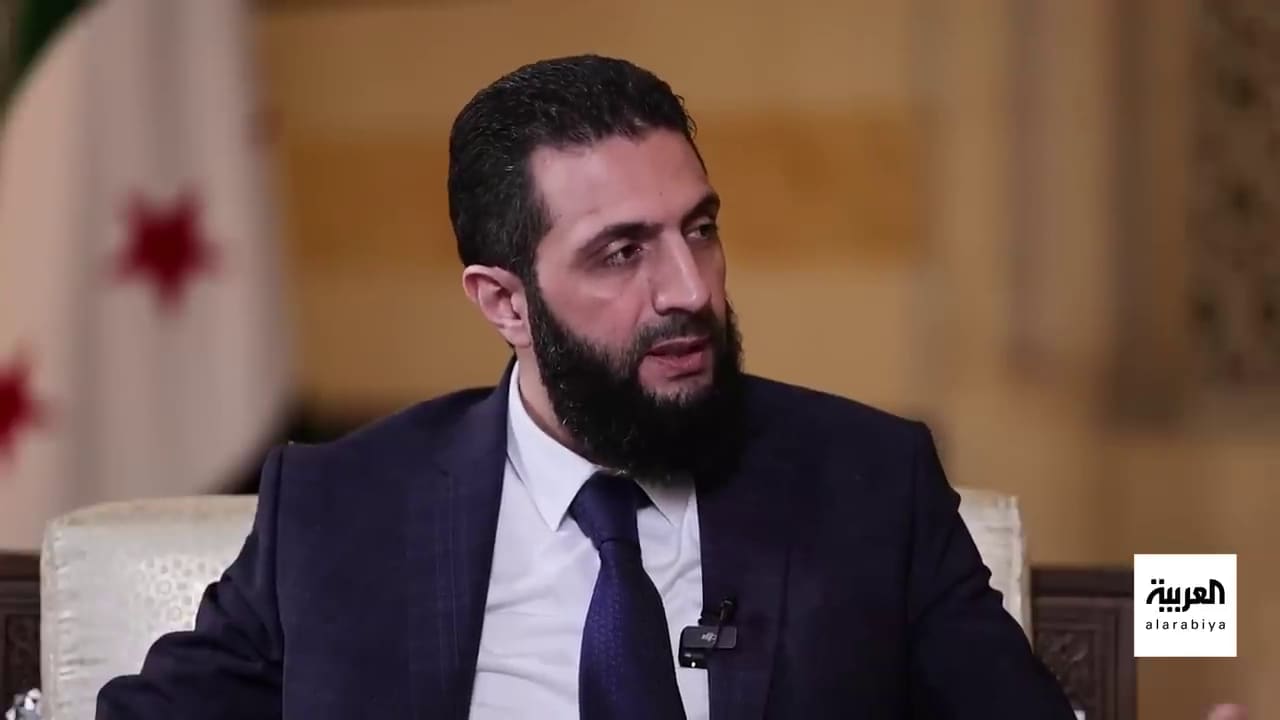
On June 15, 2020, Al-Jazeera Network aired a documentary about the 1992 assassination of Egyptian secularist Farag Foda by members of the Al-Jama'a Al-Islamiyya Islamist group. In the documentary, Islamic researcher Ayman Abd Al-Rahim and former Al-Jama'ah Al-Islamiyyah leader Nageh Ibrahim criticized Farag Foda's views regarding the Islamic caliphate and its legitimacy. One of Foda's assassins, Egyptian Islamist Abu Al-Ela Abd Rabbo, said that he killed Farag Foda because of the fatwa issued by Al-Azhar University scholars, that declared Foda to be an apostate and because the Mubarak regime had been suppressing Islamist groups while allowing Foda to continue spreading secular ideologies. Abd Rabbo said that he acted in accordance with shari'a law and that he does not regret his actions because he hopes Allah will reward him on Judgement Day.
Nageh Ibrahim: "Farag Foda was not a researcher. He was a man who liked nothing but pyrotechnics and provocations. He believed that the Caliphate created by Islam was not Islamic, but rather, an Arab caliphate of the Quraysh tribe. He forgot that this Caliphate had ruled half of Planet Earth."
Ayman Abd Al-Rahim: "He gave the worst possible examples from the documented history of Islamic political rule and said that if this is the model we seek, then we should renounce the concept of an Islamic state."
Abu Al-Ela Abd Rabbo: "This was a mistake on the part of the [Mubarak] regime. They oppressed us and closed in on us completely. They closed our pulpits and our means of spreading our message. They closed and blocked all our paths, and in the end, we had only one option: to smash everything. What urged me to kill Farag Foda? What was the motivation to kill him? I'll tell you. While the regime was fighting the Islamist groups, closing down their pulpits and killing its preachers, it still allowed Faraq Foda to publish his books.
[...]
"I know that you are supposed to fight ideas with ideas, but if you shut me down while giving him the freedom to mock [Islam] and to violate shari'a law, you are forcing me to take more [drastic] measures.
[...]
"He was confronted with the evidence. Had I done this without confronting him with the evidence, I would have been in violation of the shari'a law. Such a thing would not have been allowed because he could still have repented. But he insisted on doing what he did. The scholars had lengthy [debates] with him on live TV and at the [Cairo] Book Fair, but he insisted on doing what he did. This is how this issue because a done deal.
[...]
"As I said, he had many beliefs, and he announced them publicly and spread them. Many other secularists in Egypt held the same ideas, but nobody else would announce them publicly. If you think like that but keep it to yourself, then I have no quarrel with you. But if you spread it publicly, and if the state helps you to do so – this is a provocation. He said loud and clear that as long as his heart beats, he would not allow for shari'a law to be implemented in Egypt. He promised to fight against it until his last breath. These were Farag Foda's very words.
[...]
"I disobeyed the ruler [by killing Foda], but I have no problem with this because he was an unjust ruler. Since Mubarak did not rule according to shari'a law, I do not consider him to be a Muslim. The ruler has the choice to implement shari'a or not.
[...]
"It was not my personal decision to kill Farag Foda. We are governed by Islam and by what Allah and His Messenger said. If the decision had come from the [organization's] leadership, then maybe I would have hesitated a bit. But when the fatwa was issued saying that this man was a heretic and an apostate – and this fatwa came from the scholars at Al-Azhar University... The feeling was that whoever [killed Foda] would be credited by Allah on Judgement Day. In the Quran, Allah revealed the punishment for apostasy. Apostates are to be punished by death."
Dr. Taha Jabir Alalwani: "These groups study the Islamic tradition in a distorted manner, and their teachers do not have sufficient knowledge to interpret what we say. So, when a zealous young man is told that a certain person is an apostate who endangers Islam and the Muslims – what can he be expected to do? He resorts to the most violent option in our tradition, embraces it, and considers it to be an act that is considered legitimate by shari'a law. Then they heard Farag Foda arguing loudly in the name of the secularists, against sheikhs and dignified Islamic scholars, they had no other solution but to kill him. Killing is easier than arguing and debating..."
Narrator: "The killing brought peace to both sides – the rivals of Farag Foda got rid of his tongue and his thoughts, while he got rid of all the troubles of this world."
[...]
Ibrahim: "The killing of Farag Foda harmed the Islamic movement and created a negative atmosphere against it. But we have to learn from it. The leaders of secular thought must not go to extremes, so that this does not give rise to radicalization on the other side. The Islamists should not use weapons or violence against anyone, so that they will not deviate from Islam, or become radical."
Rabbo: "I do not regret being punished for killing Foda, or going to prison, because I hope that Allah will reward me for what I did. I did what I did to be closer to Allah. I hope that what I did and the price I had to pay for it will be weighed as one of my good deeds on Judgement Day."













